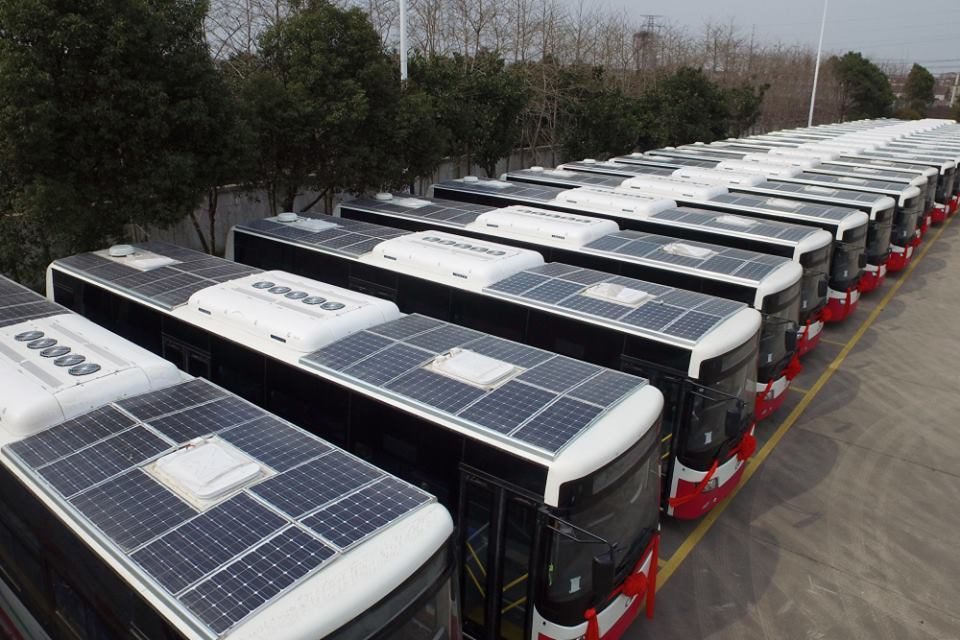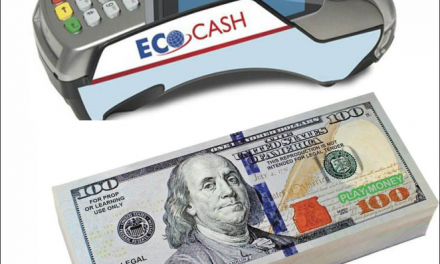China Nanchang Engineering, a Chinese company, has approached Harare City Council with a deal to supply 600 solar powered buses to service Harare Metropolitan. According to state-owned newspaper The Herald, the project will include Central Business District (CBD) shuttles and the Harare Urban Route which will service all suburban routes.
It is believed that initially, 35 buses will service the Harare-Norton route while Chitungwiza will have 45 buses and Ruwa 20. It looks like a considerable amount of planning has already gone into this deal as a lot of detail is already on paper. “Operations would be managed from four established depots, two in Harare, one in Chitungwiza and one in Norton. Depots would be firstly fitted with maintenance and recharging facilities and would be large enough to cater for some 200 buses each. The project would have 12 charging centres. The bus types would be a new energy concept and Harare would be the first city to implement it in Africa. Transport services would run 19 hours every day from 4 am to 11 pm,” read the Environmental Management Committee minutes which The Herald quoted.
Solar power the world over
The use of solar power keeps gaining traction all over the world. According to recent reports, China installs enough solar panels to cover a football pitch every hour of every day. It has also built the world’s largest floating solar installation in Southern China. In fact, China produces two-thirds of the world’s solar panels. That is how serious they are about solar. The first solar hybrid buses hit the streets as early as 2012 in China. In Australia, the Tindo solar battery charged bus has been on trial since 2007. Closer to home, Uganda has the Kayoola Solar Bus, a 35 seater electric solar bus with zero tailpipe emissions. As countries move to cleaner energy, solar power is likely to grow even further. Carbon emissions from diesel-powered engines are contributing to global warming and the world is on a drive to eliminate the emissions by timelines. This is the reason why electric vehicles are also being preferred.
Concerns
Zimbabwe has faced challenges in terms of mass transportation for a while now. The reintroduction of ZUPCO has failed to alleviate the problem. ZUPCO has had its fair share of troubles, chief among them maladministration and an aging fleet. It is not clear whether these buses will be part of the ZUPCO fleet or the City Council will manage them. In addition, China Nanchang Engineering has been around for some time. They were reported to be clearing land to pave way for an irrigation scheme at Nuanetsi Ranch in 2016. Whether they are also into transportation is not clear. Another issue is that the 600 buses will need a robust repair and maintenance plan and this is one area where ZUPCO has not done well. If the project materialises, technical support should be prioritised so that the buses do not disappear one after the other due to lack of maintenance and repairs.
Solar buses are a noble idea in many respects. Apart from being environmentally friendly, they will ease urban transport woes. They will probably be cheaper than combis as well. It’s only a matter of time until we see progress.







